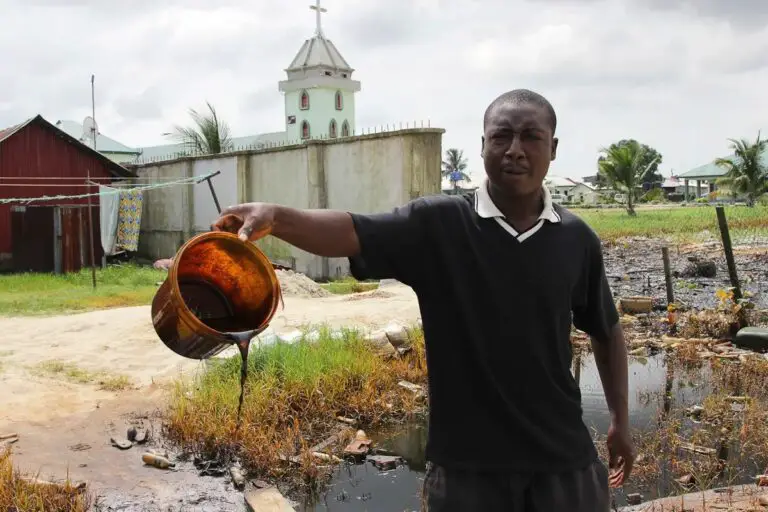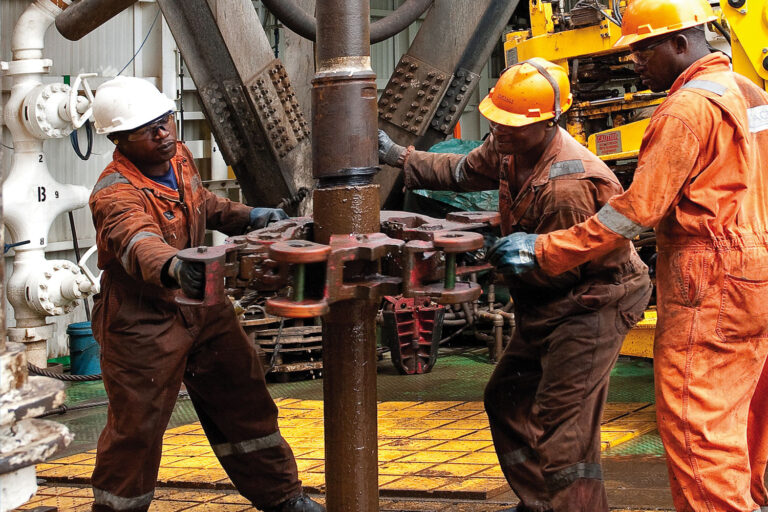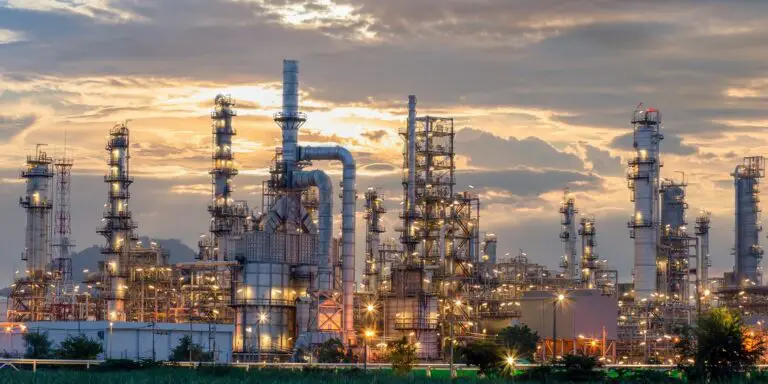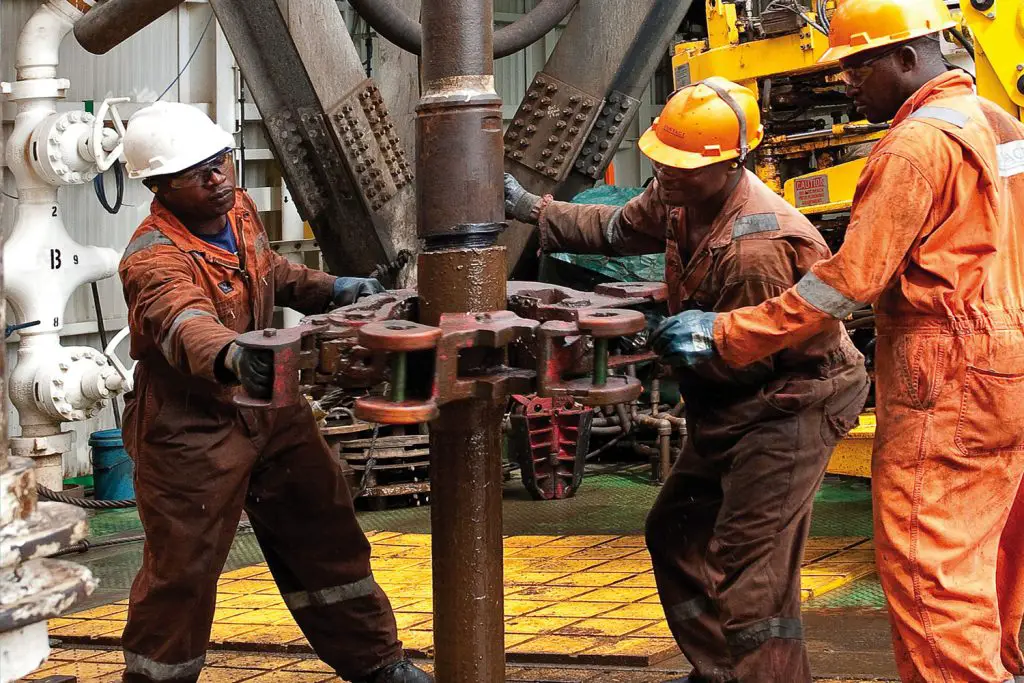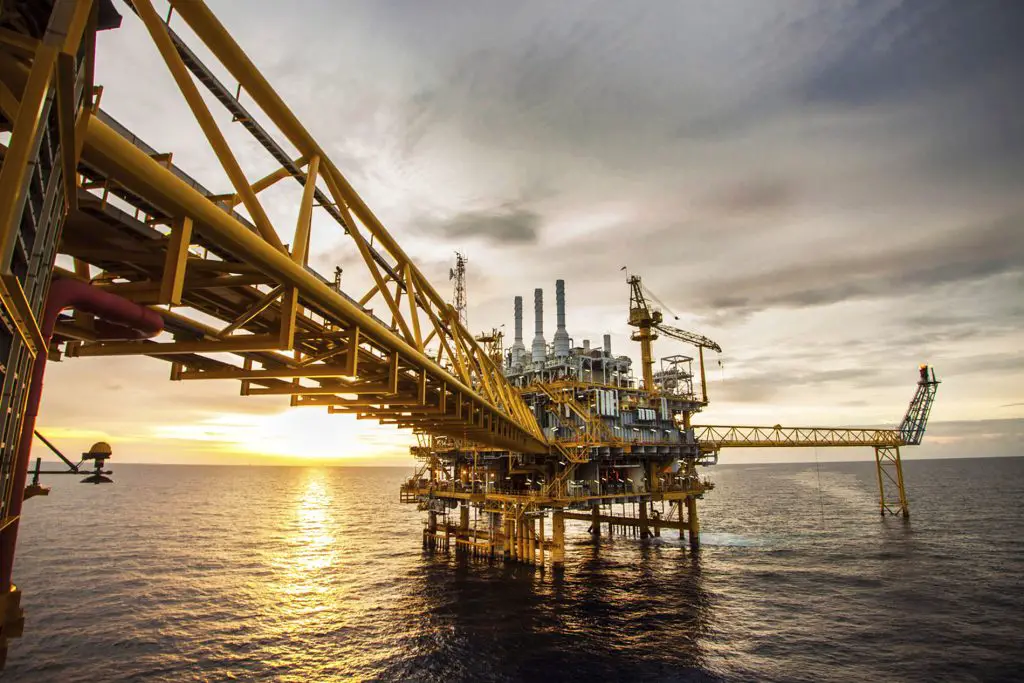- Africa Energy Bank secures key backing from Nigeria, Angola and Ghana
- AIM Congress 2025 gets a boost as International Development Bank signs on as gold sponsor
- African energy: Opportunities and challenges presented by Russia’s investments
- Africa’s smart farming push—a revolution or a mirage?
- BRICS summit in Brazil to focus on global governance reform
- Dedollarization: BRICS take on Trump and mighty dollar
- Trump’s second term: A rare opportunity for real African energy independence
- ‘Perfect storm’ in South Sudan demands urgent action – UN
Browsing: ExxonMobil
- Shell Nigeria is selling off major stakes in the west African country.
- Critics blame the government of Nigeria for allowing the sell at a time the oil giant is facing suits on oil spills.
- Activists want Shell Nigeria to be held responsible for alleged decades of oil spills.
Shell Nigeria has sold off major stakes in the Western African country, sparking chatter that the move could be just a ploy to escape oil spill charges in the country. On the other hand, there is an argument that the Shell move is just a numbers game, a move to cut losses in troubled onshore Nigeria stakes in favor of its offshore investments.
Which of the two is true? Is Shell shedding off investments in on-land fossil fuels to redirect its resources to less-hassle offshore exploration, or is the British oil giant simply running away from oil spill charges?
Media has reported …
- The continent’s abundant resource base and untapped opportunities have already begun to attract European Investors, countries, and companies.
- Clear transition strategies and enhanced regulatory frameworks consolidate Africa’s attractiveness as an investment destination.
- With the resources available, many African countries – either oil producers or those on the verge – have begun implementing strategies to define a long-term vision for the sector.
Amid supply challenges and efforts to diversify imports, Africa has emerged as a highly strategic investment opportunity for many European Investors, countries, and companies.
The continent’s abundant resource base and untapped opportunities have already begun to attract players from across the bloc. New market dynamics offer the chance for African countries to take tangible actions to advance the continent’s attractiveness for foreign investment.
The upcoming Invest in African Energy Forum in Paris from May 14-15 has been touted as a testament to the efforts to promote investment in the …
- Oil and gas discoveries in Tanzania have caught the eye of energy giants Equinor, ExxonMobil, and Shell.
- Tanzania is strategically positioning itself for the commercialization of its energy resources.
- The upcoming Tanzania Energy Congress on September 20-21 will showcase the country’s potential in the sector.
Tanzania’s vast natural gas reserves have attracted the attention of energy giants Equinor, ExxonMobil, and Shell, marking a significant leap forward in the nation’s economic prospects. With a recent discovery of oil reserves in Wember-Eyasi, Tanzania’s energy landscape is poised for a transformative shift. Analysts note that oil and gas will bolster the country’s position as an emerging player in the global energy sector.
Strategic positioning in global gas market
Mirroring the ambitions of Africa’s top oil-producing nations, such as Nigeria, Algeria, Libya, Angola, and Egypt, Tanzania is strategically positioning itself for the commercialization of its energy resources to fuel both its own industrialization and …
- Angola’s oil and gas sector has been placed at the forefront of African energy investment.
- Angola has regulatory reforms, infrastructure development, and exploration strategies in place.
- Natural gas will play a crucial role in the global effort to reduce carbon emissions. Angola has 13.5 trillion cubic of natural gas.
Over the past 30 years, massive Angolan oil and gas reserves have steadily positioned the southern African country as a top destination for investors. Strong returns on investment from Angolan oil and gas are now attracting even more global market players. The country’s oil-rich acreage is paying great dividends.
Angolan oil and gas current production
The nation is currently ranked as the top oil producer in sub-Saharan Africa. Angola boasts of having confirmed reserves of 11 trillion cubic feet of natural gas and nine billion barrels of oil. The majority of these reserves are found in offshore fields, especially in the …
- Uganda, Kenya, and Tanzania are building their oil and gas economies at a very fast pace
- Algeria is Africa’s leading natural gas producer, with almost 2.4 trillion cubic meters of proven reserves
- Nigeria is Africa’s largest oil producer, and Africa accounted for approximately eight per cent of the global oil output in 2020
When it comes to oil and gas in Africa, there is plenty of potential to produce enough energy on the continent.
Africa accounted for approximately eight per cent of the global oil output in 2020. Similarly, at least 330 million metric tonnes of oil will be produced in Africa in 2020 (Statista). Global oil and gas players such as ExxonMobil, Shell, Equinor, and BP are pushing the continent forward.
The energy sector in East Africa is rapidly expanding its commercial potential thanks to Tanzania. The EACOP pipeline, upstream offshore gas projects, LNG project discussions, and various renewable …
Tanzania has been ambitious from day one to strike oil. However, it took a while to find oil deposits, and it will take time to commercialize the oil discovered—a tedious but necessary process.
Oil and gas exploration in Tanzania has been taking place since 1952. The Discovery of oil reserves in Tanzania’s Wembere-Eyasi proves the long wait was worth a while.
In the same suit as its neighbouring nation, Tanzania is to undergo a rigorous process to commercialize the oil discovered entirely.
For instance, in Kenya, which discovered oil and experienced the first stages of (testing) exporting at least 200,000 barrels—the nation is working to build the functioning and healthy infrastructure necessary to tap the existing potential.…
Earlies this month, the government of Tanzania demonstrated how serious the nation is with a big deal sealed in the nation’s capital, Dodoma, on Saturday (11 June).
The Government of Tanzania and its partners, including global industry giants Equinor, Shell and ExxonMobil, have set the bar so high with a historic Host Government Agreement (HGA), which will realize ambitious gas and Liquified Natural Gas (LNG) mega project.
The $30 billion natural gas project aims to produce 10 million tons per annum of LNG for export with transformational potential for industrialization by bringing investment, technology, skills and infrastructure to the country, which will benefit Tanzanian businesses and its citizens.…
Tanzania is not a newcomer to the oil and gas economy. The sector has evolved over the past decade and become a flagship sub-sector that stands to draw billions. The journey to the current standpoint, where Tanzania and a consortium of oil and gas giants have inked preliminary agreements, was tedious but necessary.
Gas exploration has been existing for more than 50 years in Tanzania. The first natural gas discovery in Tanzania was made in 1974 on Songo Songo Island, followed by the second discovery at Mnazi Bay in 1982.
That discovery took the sector’s attention from exploration to commercialization of the two findings, promoting more investments in Tanzania’s onshore and offshore gas explorations.…
The minister for Energy, January Makamba, noted before the President of Tanzania Samia Suluhu Hassan that Tanzania could be holding nearly 60 trillion cubic feet (TCF) of gas deposits.
This amount stands to transform the energy sector and put a dent in the economy as the nation becomes a competitive actor within the regional and global markets.
However, the minister revealed that the government of Tanzania is taking natural gas exploration to the next level.…
Tanzania’s race for natural gas development is strategic and on point. The nation has been paying attention to several methods of maximizing the LNG potential.
LNG in Tanzania is faced with other competitions in the region. Egypt is the next potential powerhouse next door and a much more experienced producer.
In 2012, Tanzania and three Chinese companies agreed to construct a 542 km pipeline leading from Mtwara to the nation’s commercial capital, Dar es Salaam.…




